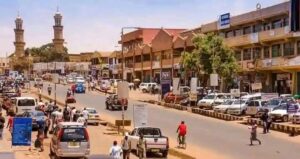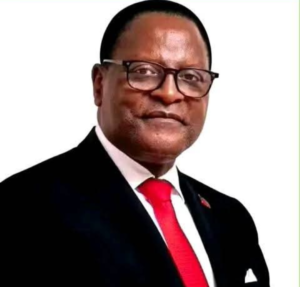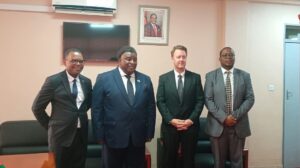Chakwera’s Diaspora Engagement Bolster Second Term Bid

Allan Mandindi, a Malawian expatriate residing in the United Kingdom, has noted a perceived shift in the Malawian government’s approach to diaspora engagement under the leadership of President Lazarus Chakwera.
Previously, presidential visits to the UK were often characterized by interactions primarily with party affiliates, resulting in a sense of exclusion among various diaspora organizations, the business community, and charitable entities. However, President Chakwera’s engagements demonstrated a departure from this established pattern.
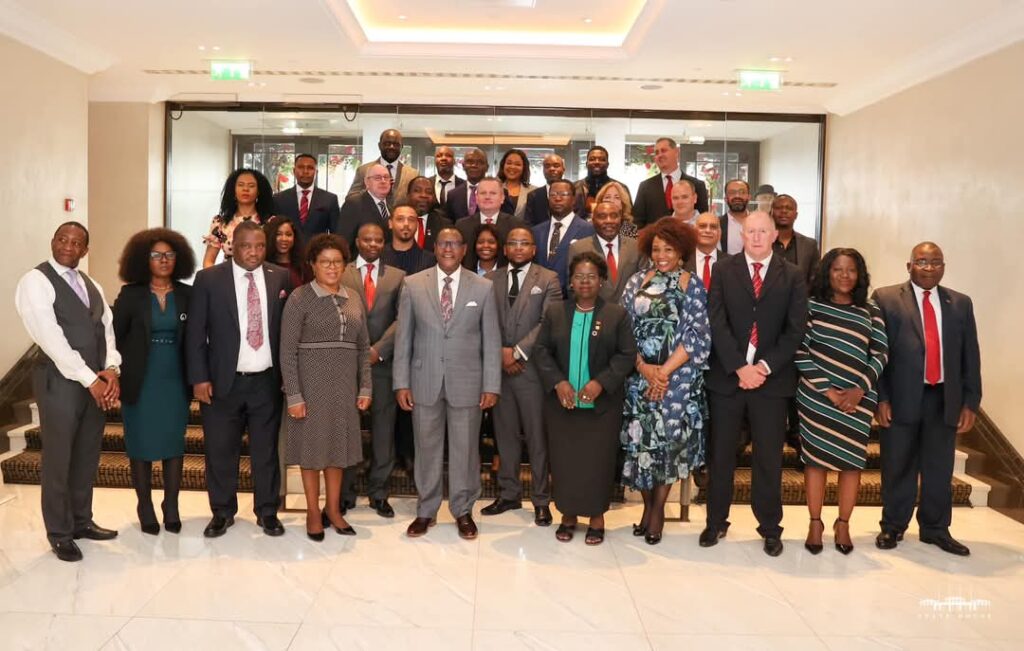
“President Chakwera’s initiative to engage with a wider spectrum of the diaspora community without discrimination presents a potential opportunity to harness their diverse expertise and resources for national development,” stated Mandindi.
During his visits, President Chakwera has always convened inclusive meetings, extending invitations to a broader range of diaspora groups, thereby acknowledging their multifaceted contributions.
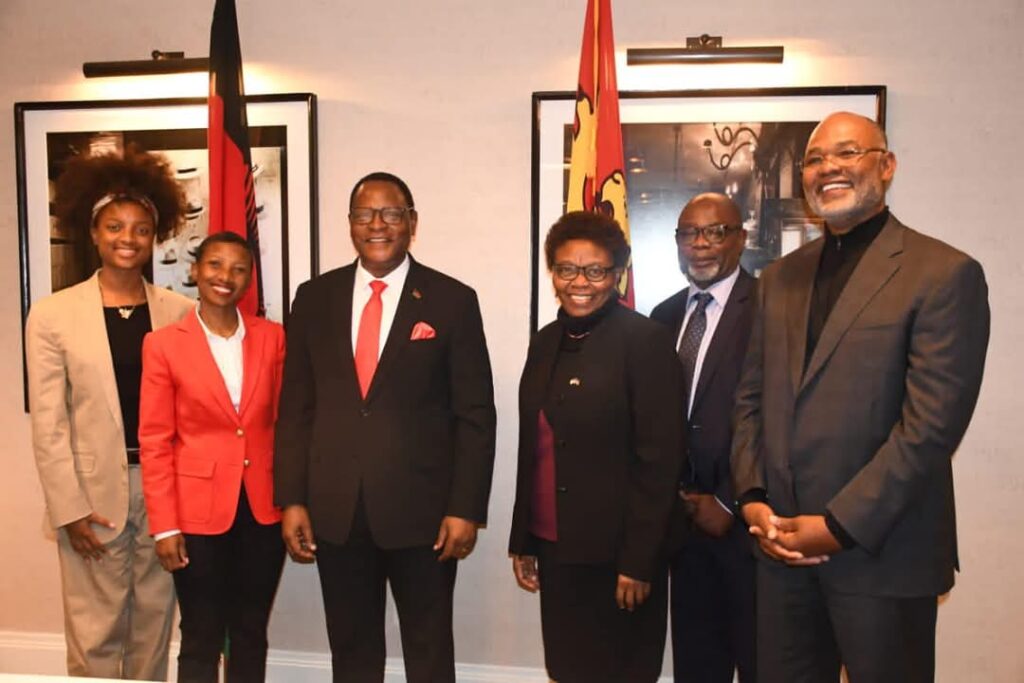
“The Chakwera administration has used various platforms to articulate government commitment to get the diaspora involved in various sectors, i.e. agriculture, lands, and mining sector. Ministers have used online platforms to provide information to the diaspora.
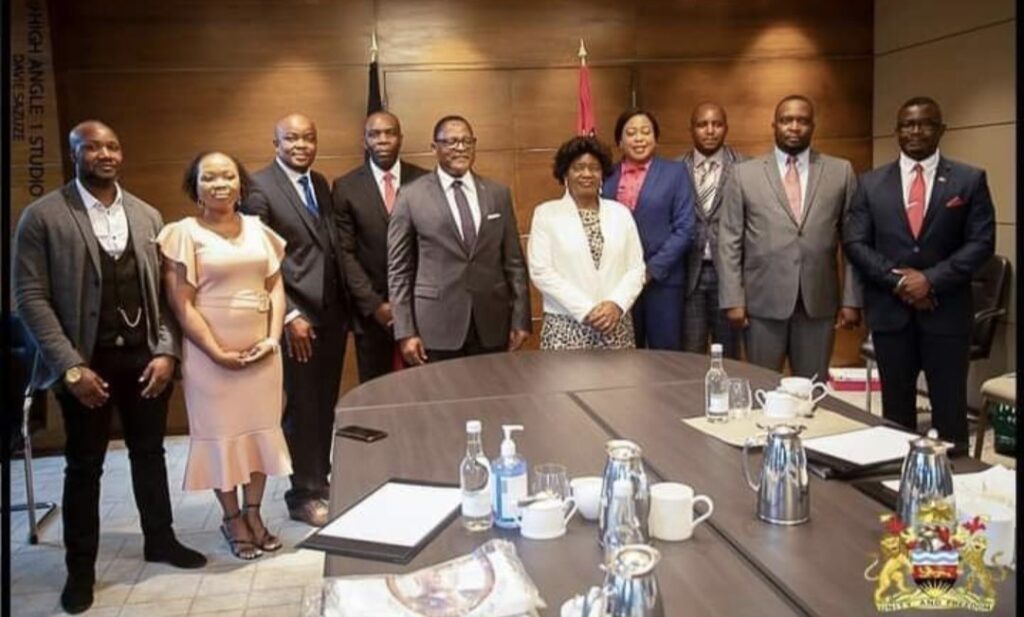
These interactions have been very useful as they present opportunity for feedback, although with every government, the people always have high expectations on speed of delivery on key issues they raise but some of these require more time,” Mandindi observed.
The Diaspora plays a key role in our country development. Diaspora remittances constitute a significant component of Malawi’s economy, with a documented trend of increasing inflows in recent years.
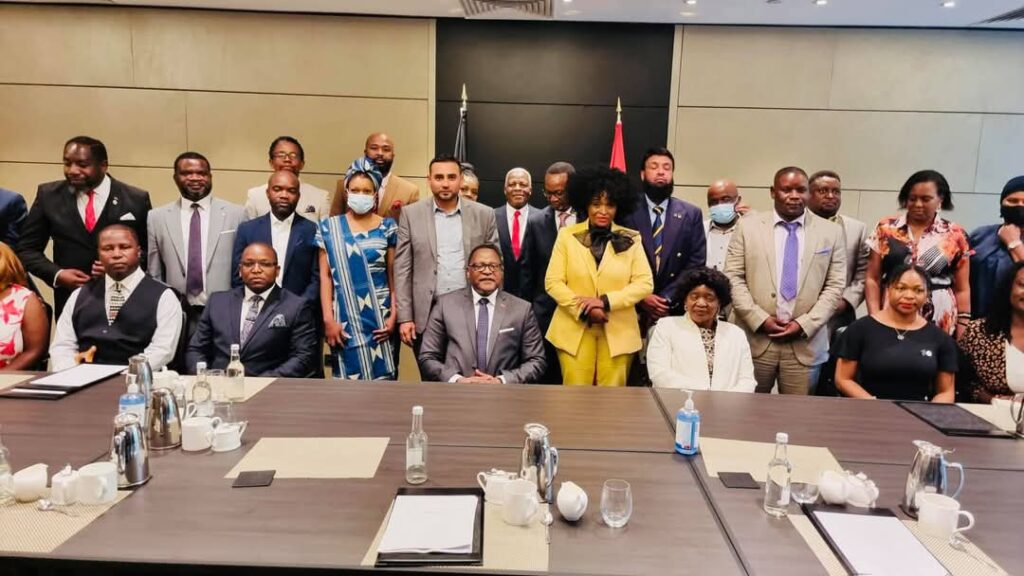
Mandindi’s observations underscore the potential benefits associated with sustained and effective diaspora engagement. “President Chakwera’s demonstrated commitment to engaging the diaspora represents a discernible shift in Malawian political dynamics,” he concluded.
“A second term could provide an opportunity to consolidate these initiatives and address the complex challenges facing Malawi.”
Mandindi’s analysis acknowledges the intricate nature of Malawi’s economic landscape, which is influenced by a confluence of factors, including climate change and global economic volatility.
